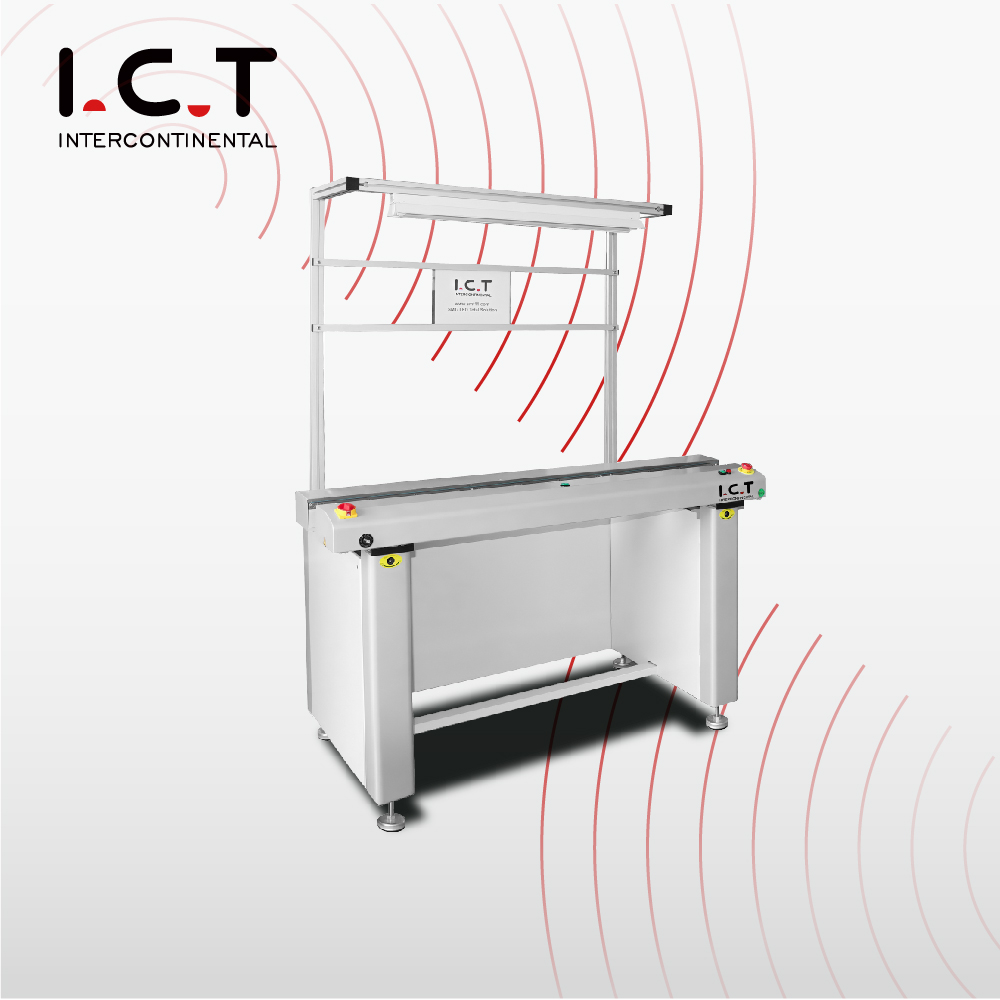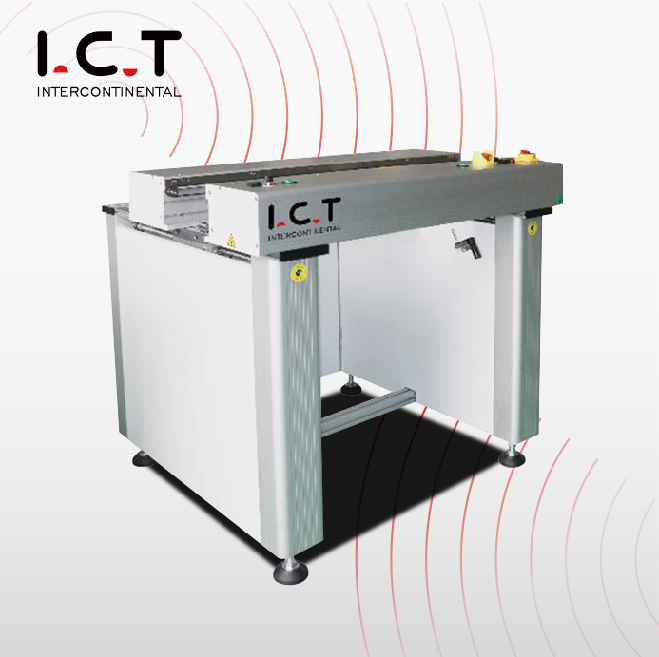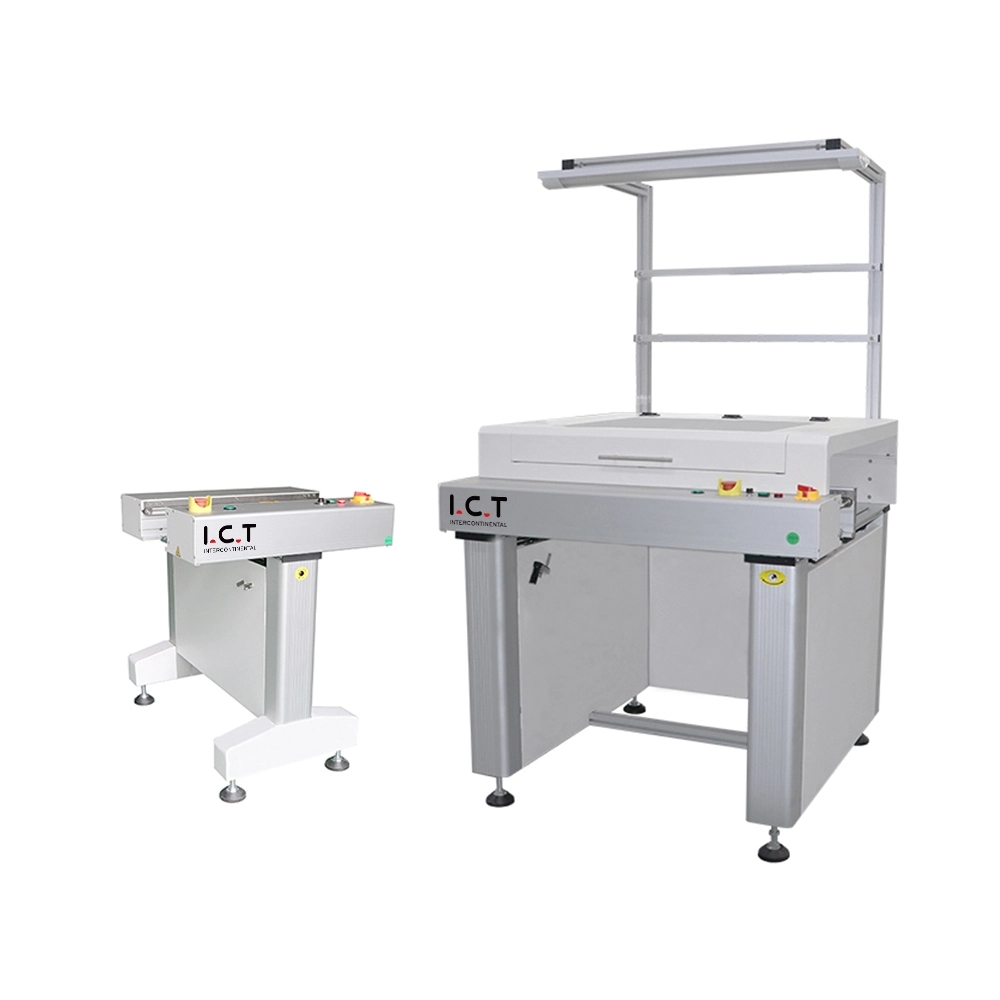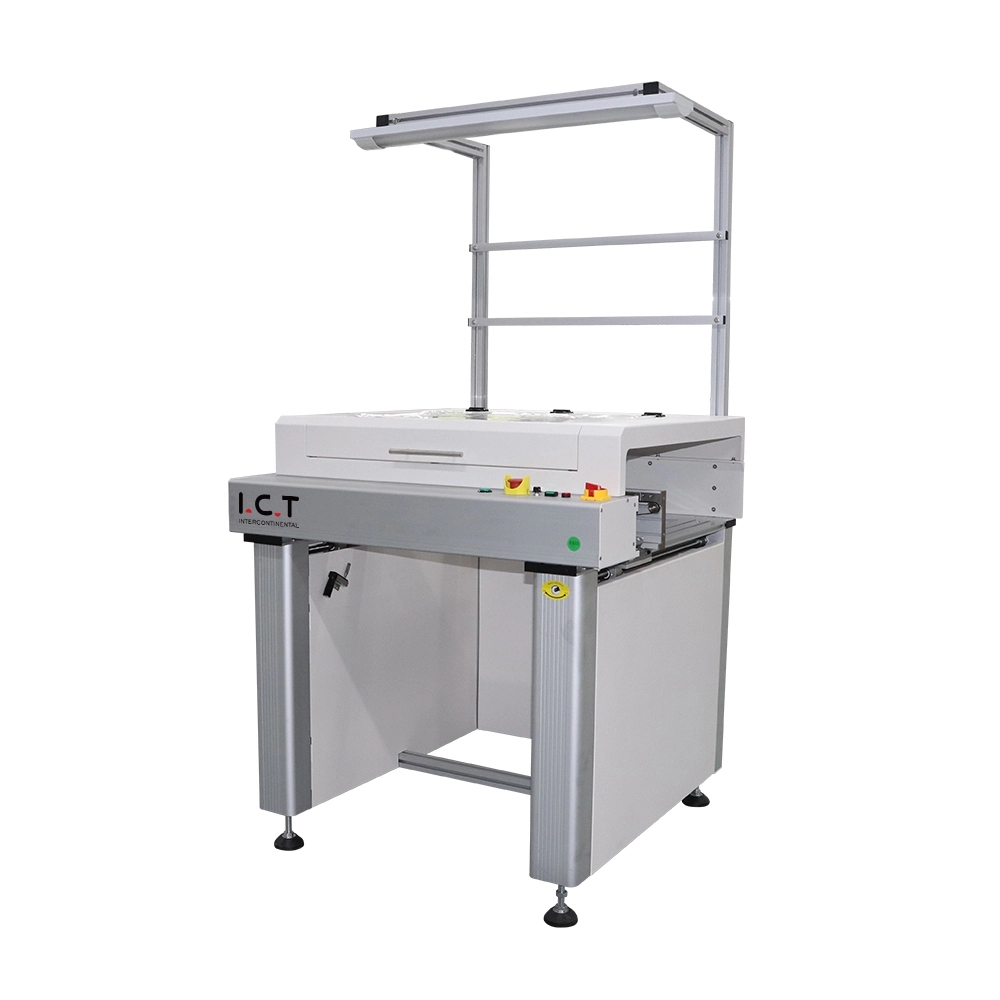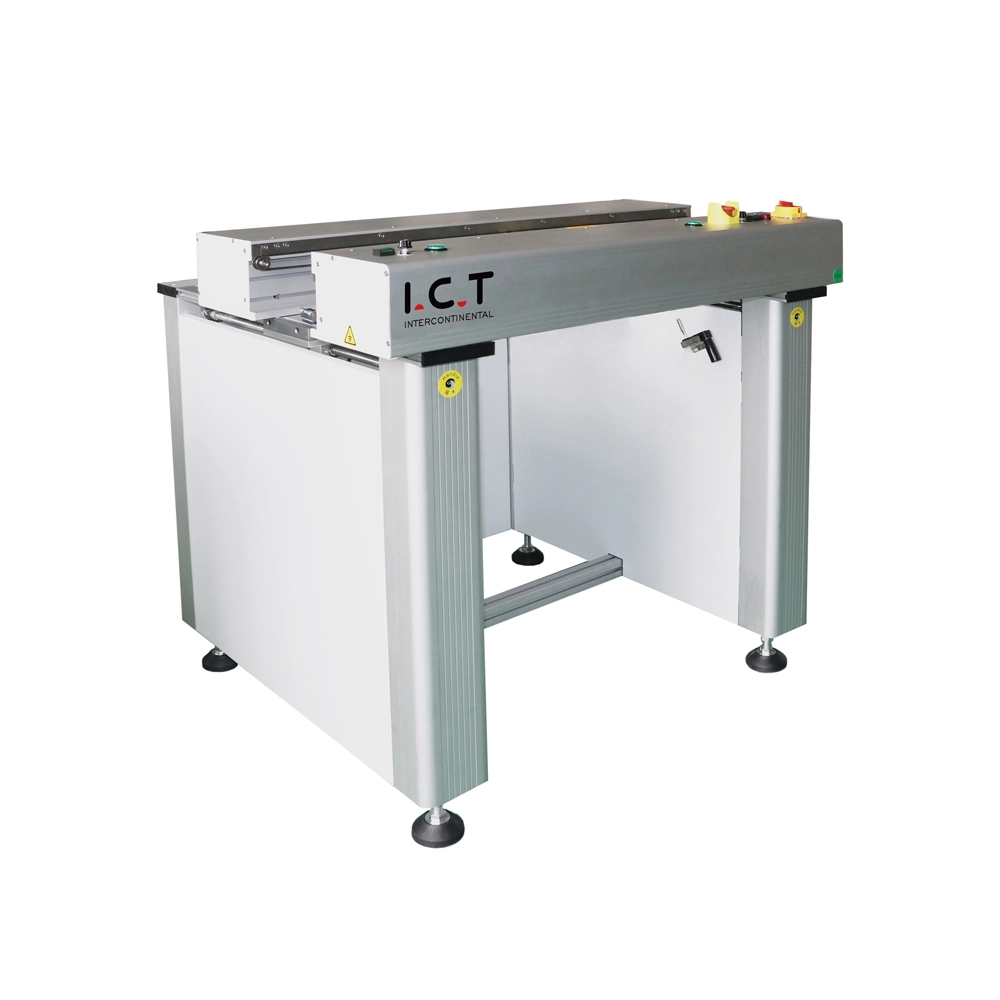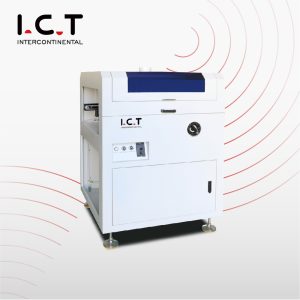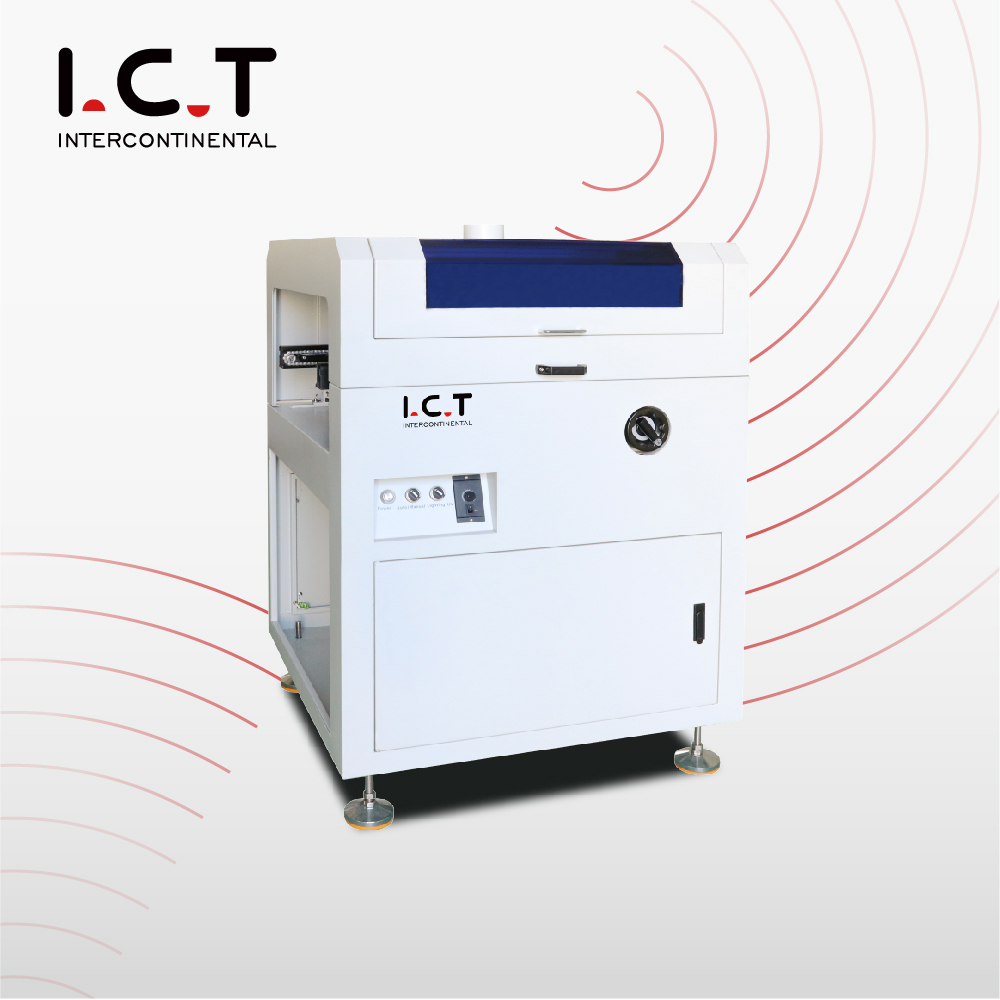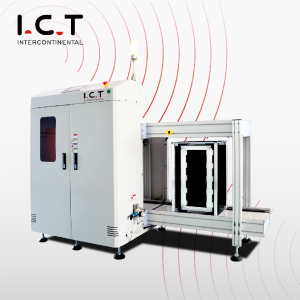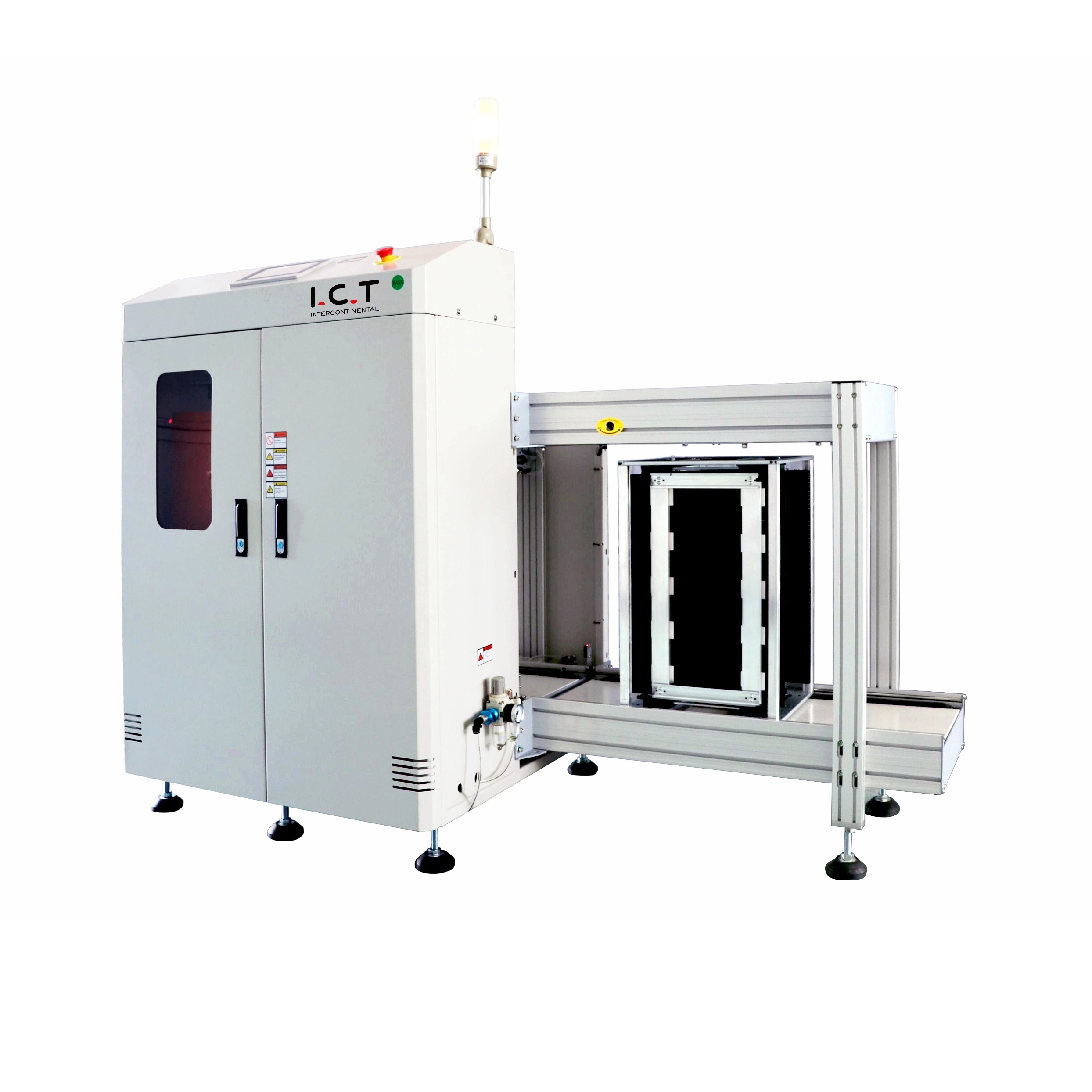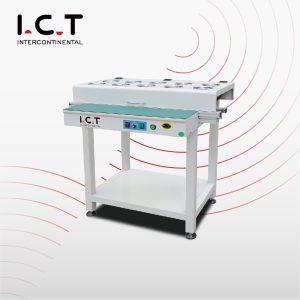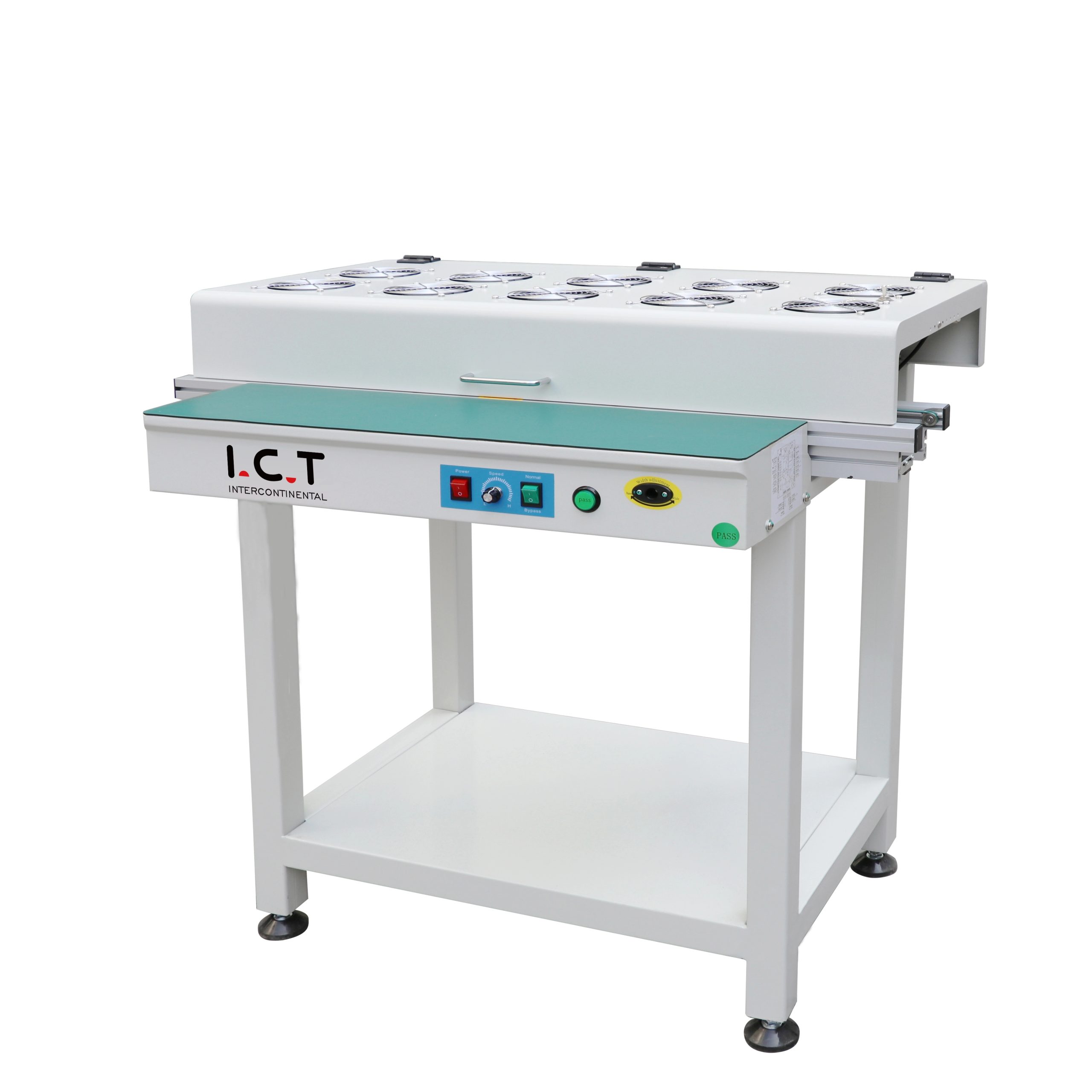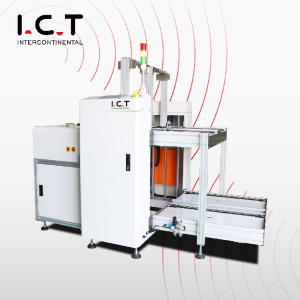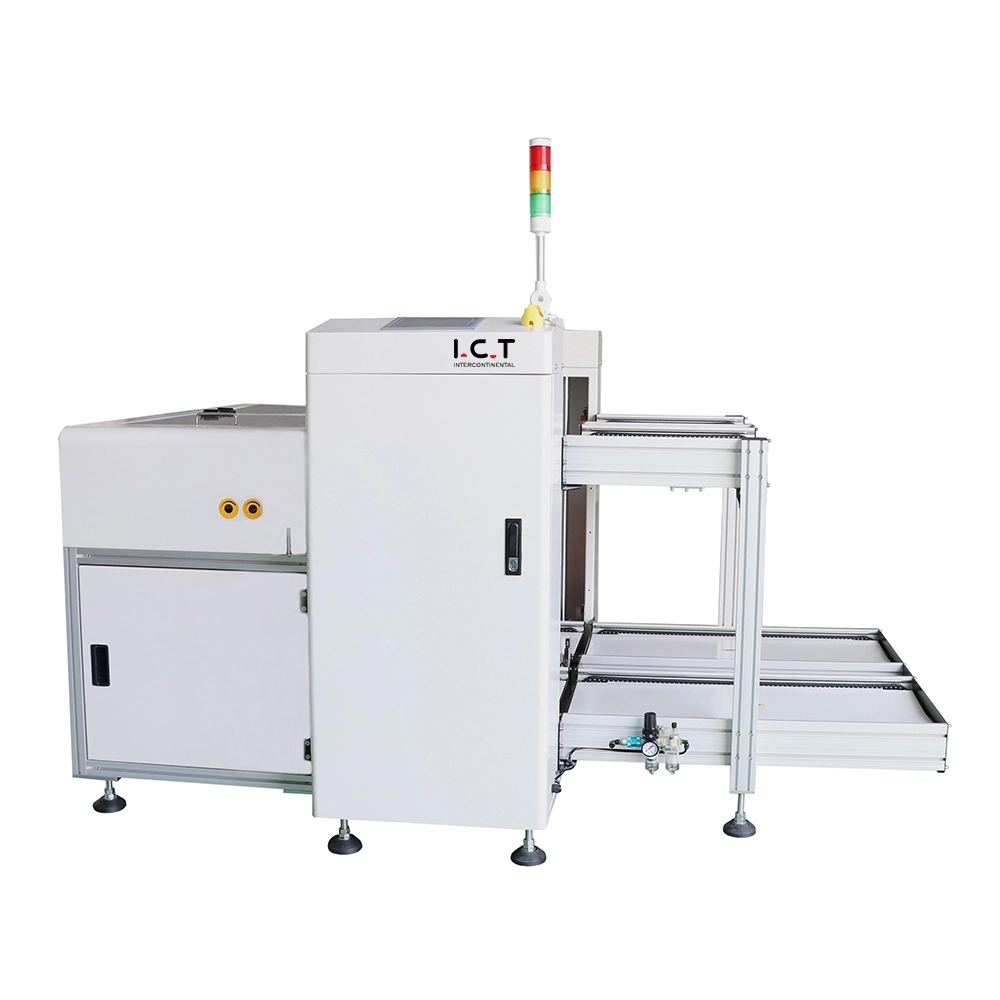I.C.T-SC-1500 | PCB Translation Belt SMT Inspection Conveyor
High end inspection PCB conveyor,which modular design,Variable speed control,using a dedicated aluminum slot for transfer orbit to prevent PCB stuck and heavier bottom design, not easily shift.
Description
I.C.T-SC-1500
PCB SMT Inspection Conveyor
Introduce:
- Modular design, optional assembly as per client’s requirement.
- Rugged steel design, improves equipment stability .
- Smooth stainless steel screw to adjust the width of the rail.
- Variable speed control.
- Circuit board testing mode.
- Using a dedicated aluminum slot for transfer orbit to prevent PCB stuck.
- Heavier bottom design, not easily shift.
- Machine length can be customized.
- Compatible with SMEMA interface.
*Option: Dual rail
Tips: What are types of PCB conveyor systems?
PCB (Printed Circuit Board) conveyor systems are used in the electronics manufacturing industry to transport PCBs from one process to another. Some common types of PCB conveyor systems include:
SMT (Surface Mount Technology) Conveyor: This type of conveyor system is used in surface mount assembly processes, where components are placed directly onto the surface of the PCB. SMT conveyors typically use a flat belt or chain conveyor to transport PCBs through the different stages of the assembly process.
Wave Solder Conveyor: This type of conveyor system is used in the wave soldering process, which involves soldering components on the underside of the PCB. Wave solder conveyors typically use a mesh belt conveyor to transport PCBs through a solder wave.
Inspection Conveyor: An inspection conveyor is used to inspect the PCB for defects or quality issues before it moves to the next process. Inspection conveyors may use a flat belt or a roller conveyor with inspection stations along the line.
Magazine Loader/Unloader: Magazine loaders and unloaders are used to load or unload PCBs from magazines or trays. These conveyors typically use a lift-and-place mechanism to transfer PCBs onto or off the conveyor.
Linking Conveyor: A linking conveyor is used to link two or more PCB conveyors together. These conveyors typically use a chain or belt conveyor to transport PCBs between different processes.
Additional information
| Body Material | Welding of metal materials |
|---|---|
| Sensor | Omron |
| Rail | Aluminum (mold making) |
| Belt | 4mm antistatic belt |
| Guide Screw | High precision ball screw |
| PCB Width | 50 to 350 mm |
| PCB Direction | L to R or R to L |
| Speed | Adjustable |
| Switch | Pass Switch |
| Platform Material | ESD Rubber Mat |
| Communication | SMEMA for both in & out |
| Power Supply | 1 PH AC 220V 50/60Hz (Option:110V to 380V) |
